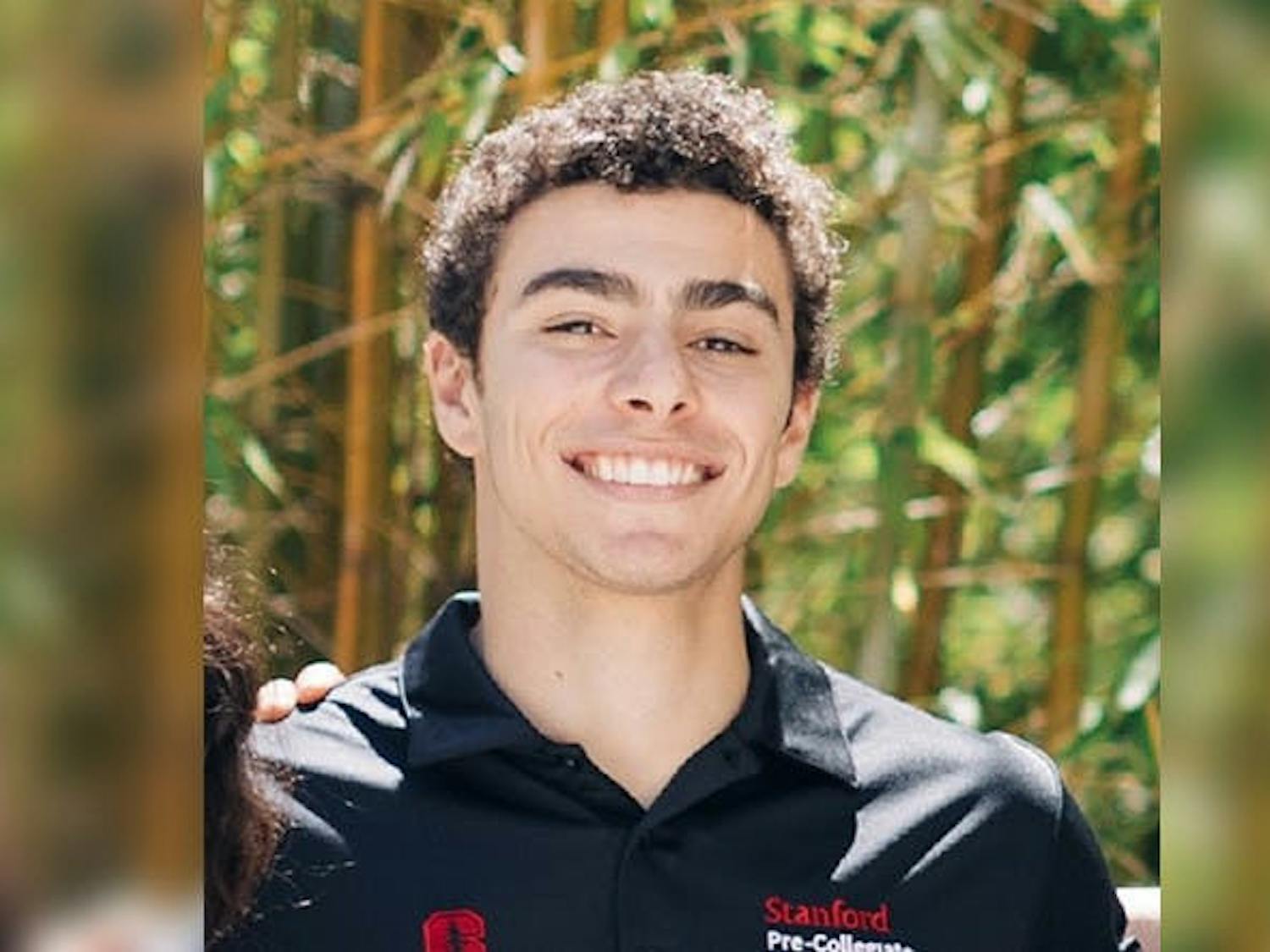The government program still faces an uncertain future. A review committee has recommended not to abolish the University's Fels Center of Government, although administrators have not decided whether to accept the panel's recommendation. An external committee appointed to discuss the program's future met with Interim Fels Director John Mulhern and the program's faculty, alumni and students December 18 and 19. The committee, which included former educators at the Harvard, Yale and Princeton schools of government, addressed whether Penn should maintain a school of public management and, if so, what its character and organization should be, according to Graduate School of Fine Arts Dean Gary Hack. "The one thing that came out loud and clear is that [the panel] thought that we would not be a great University if we did not have a program in government administration," said Hack, whose school houses the Fels program. The committee also dealt with several difficulties Fels already faces. Fels student Mark Siedband, who heads his class's internal government, said Fels does not have the necessary prestige to compete with other schools. "Most [Fels graduates] put on their resumes 'Master's Degree from the University of Pennsylvania' rather than Fels because it just does not have the name recognition," he said. Hack said competition from Harvard, Yale and Princeton may cause another of the school's problems -- low enrollment. Fifty-five students are currently enrolled in the Fels program, but this is only two-thirds the amount of students enrolled in past years. Mulhern said he attributes the drop to a lack of recruitment last winter during the upheaval over the sudden resignation of then-Director James Spady. "When I came in January, we didn't have a new class and that is very late to begin recruiting a new class," Mulhern said. Hack said that while the program's size should be expanded through additional recruitment, he would also like to see more students from other graduate schools taking classes in Fels. Under the current system of funding for the University's graduate schools, if students wish to take classes outside of their home school, that school must pay a fee to the desired program. Additionally, if a school wishes to use a professor based in another program, that school has to supplement the professor's salary. This system, according to Hack, removes any incentive for schools to encourage students to take advantage of classes at other schools. He called the system especially detrimental to the Fels program, which is seeking to diversify its class offerings and would benefit from a class taught by a Wharton or Social Work professor. Hack proposed an alternate system in which Fels could borrow a professor from another graduate school in exchange for allowing a certain number of students in that school take a class in Fels. But either way, Fels's future as part of the GSFA is uncertain. The panel made several recommendations for relocating the school, and while Hack declined to comment on the recommendations, he admitted that Fels may not belong in his school. "Fels is unlike anything else we do at the GSFA," Hack said. "In that sense, for their benefit, it seems to me that it might be better served by a different school." But Mulhern said the program's needs are well-served under the auspices of the GSFA. Hack said he hopes decisions on the committee's recommendations will be made by the end of the month. Final programming decisions will clear the way for selection of a new director for the program. In the meantime, Fels operations are "pushing on," and and program coordinators are waiting for the administrative directives resulting from the committee's recommendations, according to Mulhern. And the recommendation to continue the program came as welcome news to Fels students. "The program is one of Penn's best kept secrets," said Fels student Lance Rogers. "Whereas the Woodrow Wilson School at Princeton and the Kennedy School at Harvard teach governmental theory, the Fels program adds a unique dynamic -- a hands-on approach towards governing." But Rogers bemoaned the program's lack of adequate facilities and poor class variety. Siedband said Fels would benefit from more national recruiting and a more rigorous program. The school has already made attempts to address some of its shortcomings without administrative instructions, such as by hiring a new public management professor, revamping its course in computer and analytic methods and fixing up its facilities.
The Daily Pennsylvanian is an independent, student-run newspaper. Please consider making a donation to support the coverage that shapes the University. Your generosity ensures a future of strong journalism at Penn.
DonateMore Like This
Here’s how Penn plans to celebrate America’s 250th anniversary
By
Arti Jain
·
11 hours ago
Van Pelt Library discontinues bag check security policy
By
Christine Oh
·
11 hours ago








